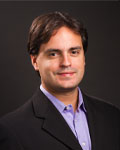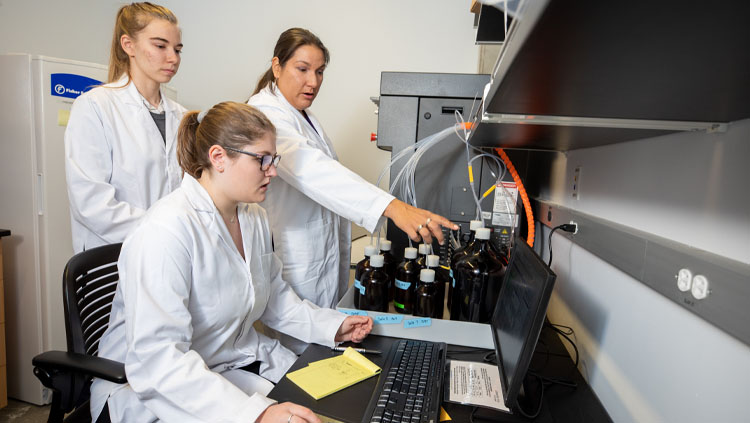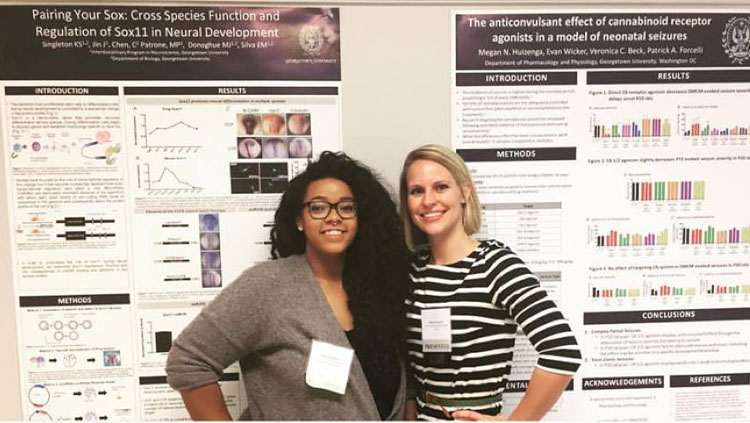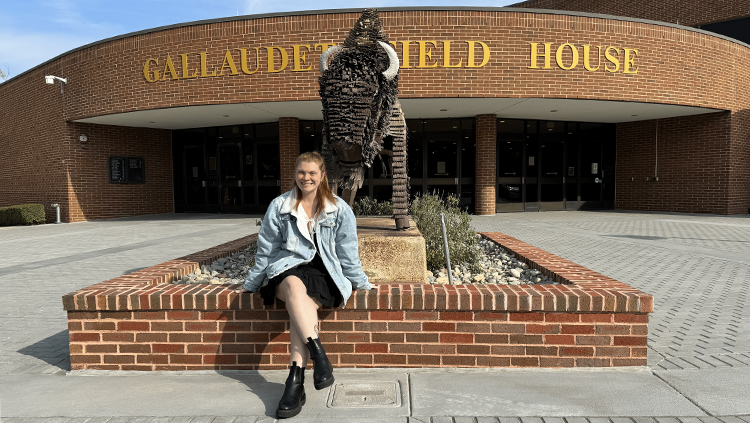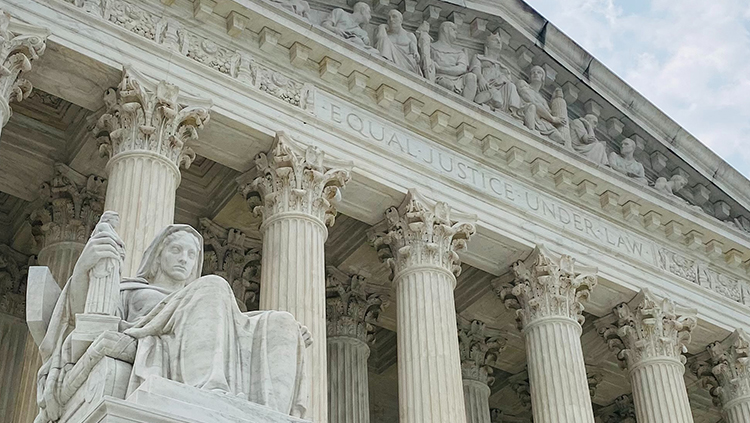Combating Bias Through Science: A Journey of Self Discovery
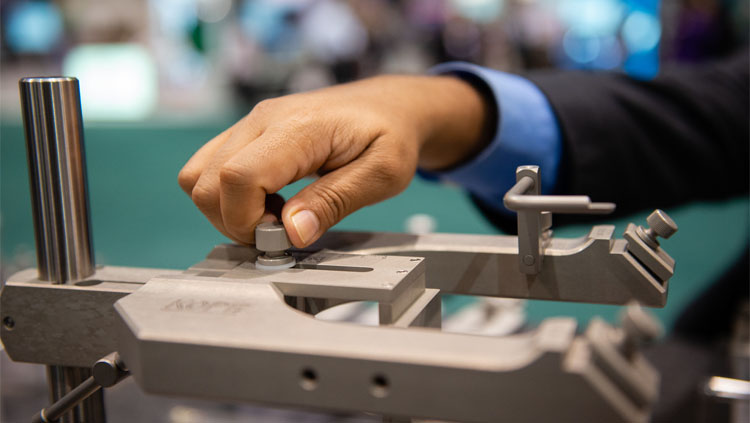
Daniel Colón-Ramos was born and raised in Puerto Rico and is now the McConnell Duberg Professor of neuroscience and cell biology at Yale School of Medicine. In this interview Daniel shares insights from his journey in science, including the importance of belonging, and community, in STEM careers. Throughout his reflections he provides advice for underrepresented trainees and thoughts on how to achieve equity in STEM.
Can you share a little bit about your background?
Growing up in Puerto Rico, the examples of science I was exposed to came from somewhere else, so I thought science was an endeavor other people did somewhere else. But I liked to ask a lot of questions. My parents and many of my teachers indulged my questions, so I just kept on asking and feeling comfortable “not knowing” in the process of learning.
When you come from underrepresented communities, many complex factors affect how you visualize your identity, and those factors impact career path decisions. In my case, I often felt guilty, while thinking about a career in science, because I felt I should secure a more practical job to help my community.
I later learned, there is much we can do as scientists for our communities. Our communities will be affected — for better or worse — by decisions scientists make, including what areas of research to focus on, and which to not.
Pursuing science gives us a voice in a space where we are underrepresented, to the benefit of the scientific enterprise, and to the benefit of the communities we represent.
What is the Yale Ciencia initiative and what inspired it?
The Yale Ciencia initiative is an initiative conceptualized and led by Dr. Giovanna Guerrero-Medina, a friend and a colleague at Yale. Giovanna and I have been collaborating for 15 years in a number of initiatives, including CienciaPR and Yale Ciencia. They are both spaces where geographically dispersed scientists from minoritized groups can find community, share experiences, and grow in their careers.
The challenges trainees face, even when geographically dispersed, are similar, and include learning how to develop and implement your own ideas, secure funding, publish results, etc. In these online communities, students can grapple with them as a group, discuss how their identities affect their development in science and advance their career while finding meaning in their roles in science as trainees from underrepresented communities.
Those collaborative experiences with Dr. Giovanna Guerrero-Medina have taught me that a strong sense of belonging is crucial for success. Science is about learning, and to learn, one must face what one does not know. When you face what you do not know, many times you fail. It is a normal part of the learning and growing process. But when failure happens, trainees feel vulnerable. Learning environments therefore need to have enough support for trainees to be comfortable being vulnerable, secure in recognizing their ignorance, and open to learning.
It is particularly hard for minoritized students, many who have been signaled for years that they don’t belong to the scientific enterprise. Trainees, in particular underrepresented trainees, might fear people will take advantage of their vulnerability and use it against them. We need to be aware of those barriers and attack them systematically, to open spaces for participation, for the benefit of science and society.
What advice do you have for underrepresented trainees?
The aspiration of all scientists is to learn, to be better tomorrow than today, to push light into dark spaces of ignorance and bias via our joint desire to understand and grow. It does not matter so much what you know today, as it matters what you are doing today to know more, to discover more tomorrow.
Every discovery I have made has started with me recognizing my ignorance of something I thought I understood. It's the first thing I tell students when they're looking down a microscope. If they cannot ask questions about what they're seeing, if they think they understand everything they see, then they're not going to discover, they're not going to learn, and they're not going to grow.
How did Copernicus discover we are not the center of the universe? By seeing what everyone else saw, and asking, "Is it really the sun that is going around us, or could it be the Earth that goes around the sun, and it just looks the other way around from my biased perspective?” If you don't pause and ask that question, if you do not reflect on your own biases, you won't make the most exciting discoveries.
As a scientific community, we need to ask ourselves: Can we apply that same approaches we use to make discoveries to see beyond our own frameworks, combat our biases, and reaching equity in STEM? I think so.
How do you see the scientific community moving forward?
We need to start with the recognition that if a problem affects some of us, it affects all of us. And then we need to systematically attack the problem like we would attack any other grand challenge in science: through examination, experimentation, evaluation, discovery, and implementation.
We need to purposefully implement a system where everyone who can contribute to science has an equal opportunity to do so, based on their efforts and merits, not how they look and where they come from. If our scientific community does not represent the demographics of society, we need to pause and ask why? What are the legacy structures in our institutions, in society, that have resulted in the representation we have today? What is our responsibility as scientists today, to improve the system, to be better tomorrow?
What changes do you hope to see in academia going forward?
You cannot tell somebody, "You belong," and wish it so. It requires work.
If you leave legacy structures of bias unchecked, then you get systems that acquiesce to the existence of these biases, and you're not going to see much change or progress regarding the promotion of minority groups in the ranks of academia.
To illustrate this, if you throw me into Yale University, my current institution, in the 19th century with the same knowledge that I have today, I doubt I would make it to full professor. I doubt I would even be hired. That is what happened to scientists like EE Just. It is not just about individual talent; it is about systematic barriers preventing participation.
It is easy to see that about the 19th century, but we also have barriers in the 21st century. What are we doing about them? We have to actively acknowledge and address remnants of these legacy structures that weren’t based on merit and that could still have harmful effects today.
Speaker
